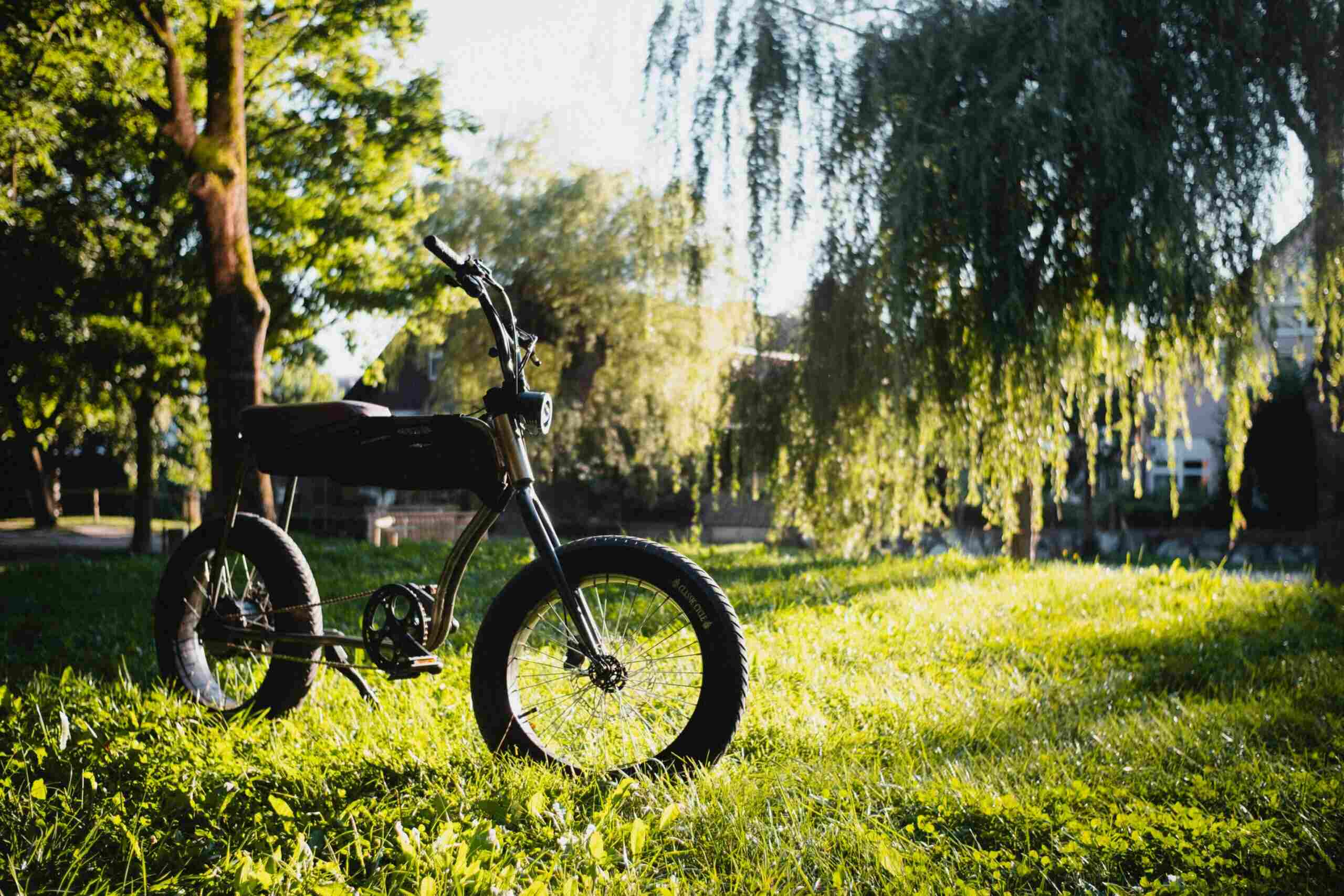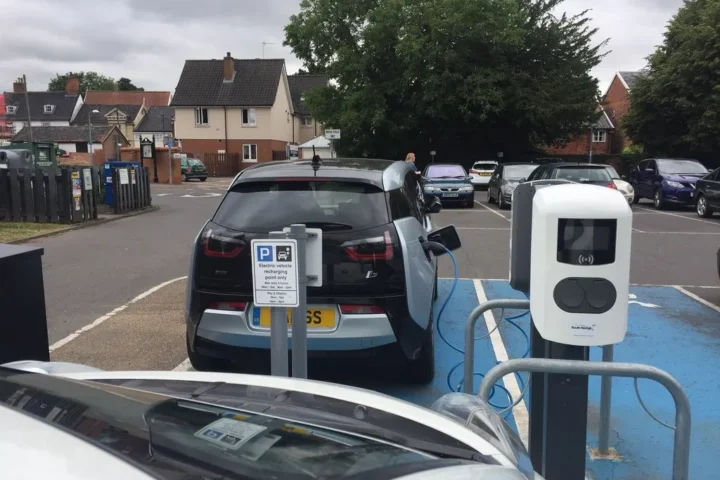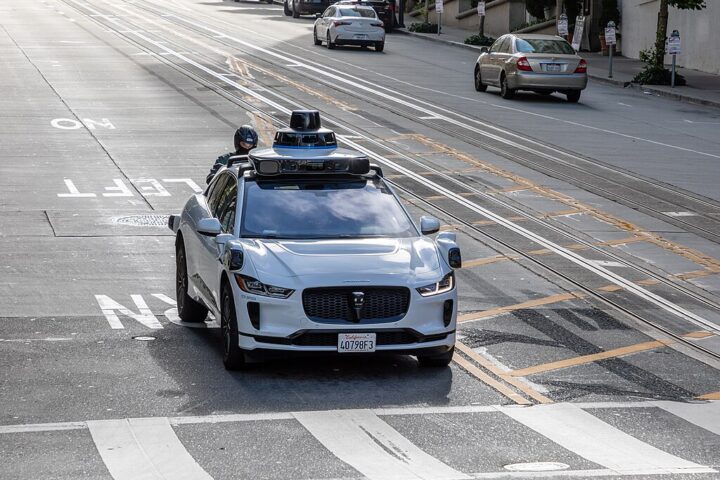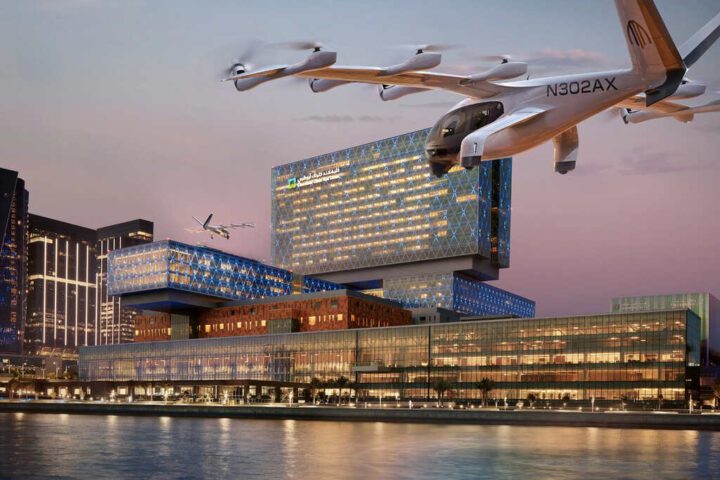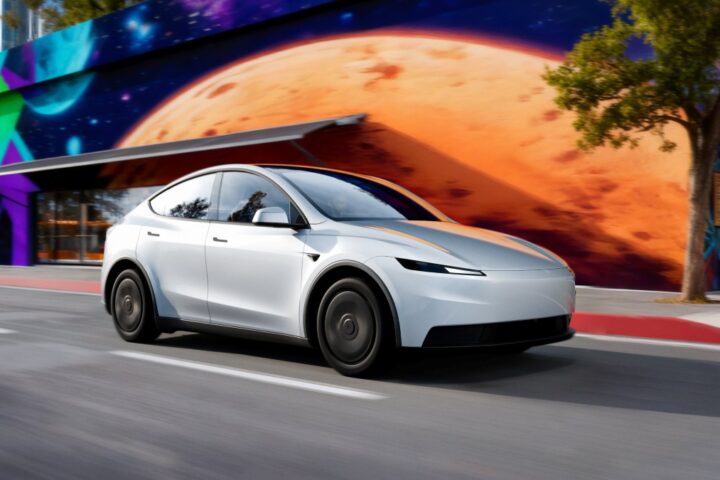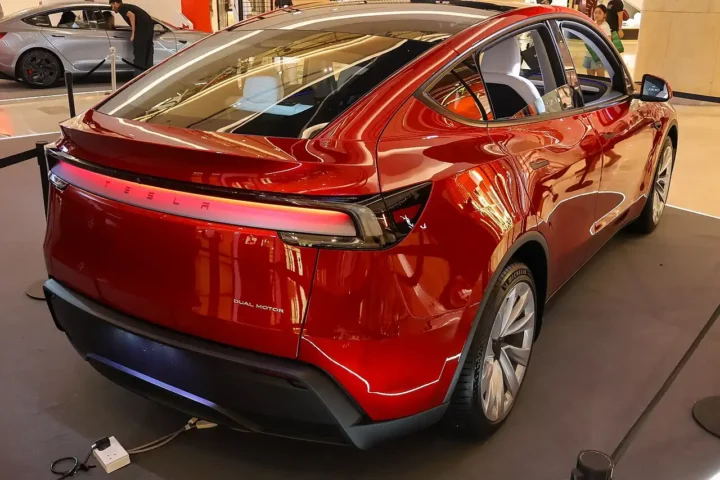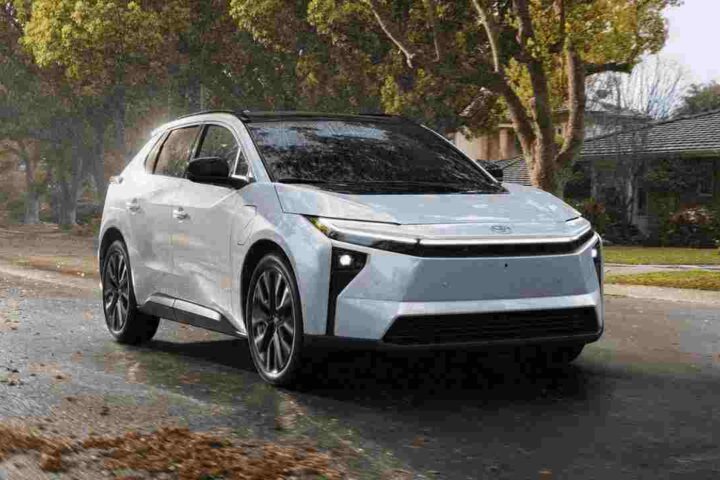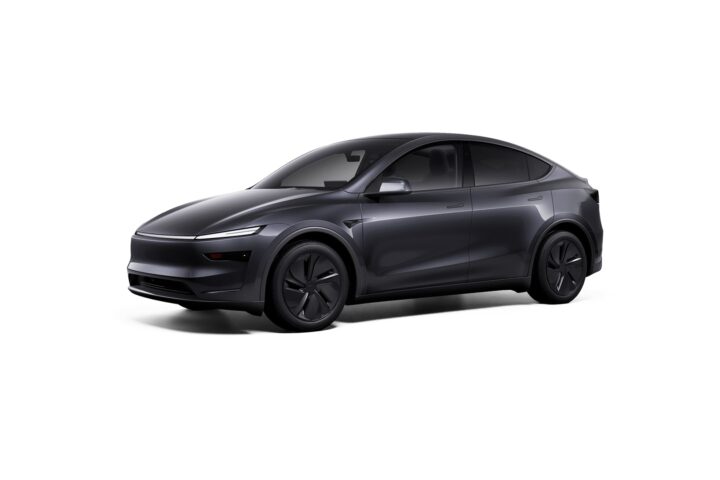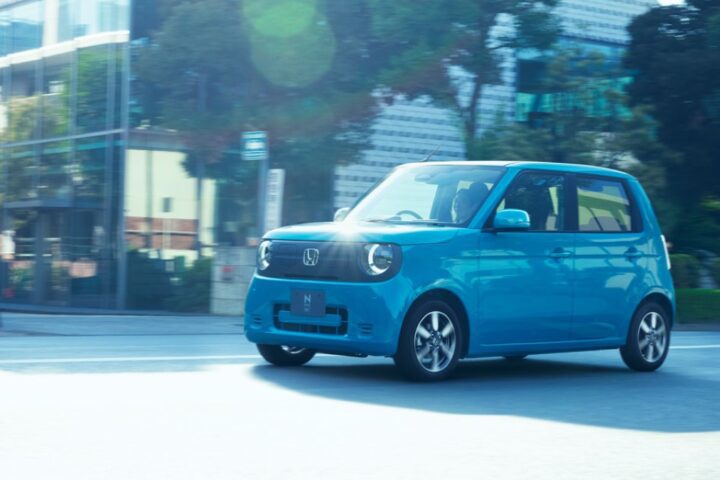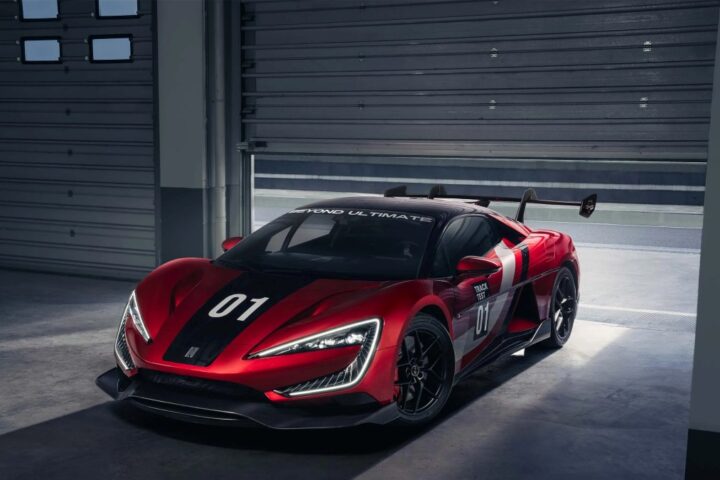UBC researchers have found that e-bike numbers on Metro Vancouver pathways have increased from less than 5% in 2019 to 16% today, while traditional cycling has declined from 91% to 74%.
Dr. Alex Bigazzi, associate professor at UBC’s REACT Lab, reports an 11% increase in average pathway speeds. Electric unicycles reach speeds of 32 km/hr, exceeding the standard 20 km/hr pathway limit. “Pathways are becoming faster and more motorized,” states Dr. Bigazzi, noting the presence of e-scooters and e-skateboards.
The research, spanning 12 locations in seven Metro Vancouver municipalities, indicates conventional bicycles are also traveling faster, adapting to the new speed environment.
More Stories
PhD researcher Amir Hassanpour explains: “It’s like how drivers adjust to traffic flow on highways—cyclists and pedestrians are adapting to the faster pace, but not everyone feels comfortable.”
The researchers suggest:
- Physical separation between high-speed devices and pedestrians
- Speed management through design interventions
- Enhanced public safety education programs
- Motor Vehicle Act revisions to address emerging mobility devices
“With data-driven policy and design, cities can better support the diverse and evolving needs of travellers,” Dr. Bigazzi notes, stressing the importance of maintaining pathway accessibility for non-motorized users.
